Social Media Marketing
What is Social Media Marketing?
Social media marketing is the use of social media platforms to promote products, services, content, or brands. It involves creating and sharing content on social media networks to achieve marketing and business goals, such as increasing brand awareness, driving website traffic, generating leads, and engaging with the audience. Social media marketing includes various activities, such as posting text and image updates, sharing videos, running paid ads, and participating in social interactions.
Why is Social Media Marketing Important?
Social media marketing is important because it provides a powerful and cost-effective way to reach and engage with a large and diverse audience. With billions of users on social media platforms, businesses can connect with potential customers, build relationships, and foster brand loyalty. Social media marketing allows for real-time interaction, feedback, and customer support, enhancing the overall customer experience.
Additionally, social media marketing supports content distribution, driving traffic to your website and increasing visibility. It also provides valuable insights into audience behavior and preferences through analytics and engagement metrics. By leveraging social media marketing, businesses can enhance their brand presence, achieve marketing objectives, and drive growth.
Best Practices for Social Media Marketing
1. Define Your Goals
Clearly define your social media marketing goals and objectives. Determine what you want to achieve, such as increasing brand awareness, driving traffic, generating leads, or improving customer engagement. Clear goals guide your strategy and measure success.
2. Know Your Audience
Understand your target audience's demographics, interests, and behavior. Use audience personas, surveys, and social media analytics to gather insights. Knowing your audience helps create relevant and engaging content that resonates with them.
3. Choose the Right Platforms
Select the social media platforms that are most relevant to your audience and business goals. Focus on the platforms where your target audience is most active and engaged. Popular platforms include Facebook, Instagram, Twitter, LinkedIn, Pinterest, and TikTok.
4. Create High-Quality Content
Produce high-quality and visually appealing content that provides value to your audience. Use a mix of formats, such as images, videos, stories, and live streams, to keep your content diverse and engaging. Quality content attracts more interactions and shares.
5. Be Consistent
Maintain a consistent posting schedule to keep your audience engaged and build a strong presence. Use social media management tools like Hootsuite, Buffer, and Sprout Social to plan and schedule your posts in advance. Consistency enhances visibility and engagement.
6. Engage with Your Audience
Actively engage with your audience by responding to comments, messages, and mentions. Participate in conversations, ask questions, and encourage interactions. Engagement fosters relationships and builds a loyal community around your brand.
7. Use Hashtags Strategically
Use relevant and trending hashtags to increase the discoverability of your content. Hashtags help reach a broader audience and improve engagement. Research popular hashtags in your industry and create branded hashtags to enhance your social media presence.
8. Leverage Paid Advertising
Use social media advertising to reach a larger and more targeted audience. Platforms like Facebook, Instagram, and LinkedIn offer various ad formats and targeting options. Paid advertising amplifies your content and drives specific actions, such as website visits or conversions.
9. Monitor and Analyze Performance
Use social media analytics tools to monitor and analyze the performance of your campaigns. Track key metrics such as reach, engagement, clicks, and conversions. Analyzing data helps identify what works and allows for optimization of your strategy.
10. Stay Updated with Trends
Stay informed about the latest social media trends, features, and best practices. Continuously learn and adapt to changes in the social media landscape to maintain an effective and competitive strategy. Staying updated ensures that your social media marketing efforts remain relevant and impactful.
By following these best practices, you can create successful social media marketing campaigns that engage your audience, achieve your goals, and support your overall marketing and business objectives.
For more terms, return to the content marketing glossary and freelance writing glossary.

